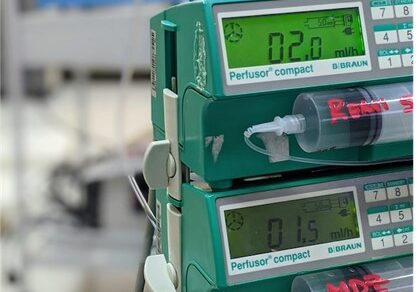Grief from patient loss. High stress due to overwork. Disregarded personal mental and physical health.
It’s all too common for physicians to suffer from poor well-being thanks to the unprocessed emotions and excessive work associated with the job. Moral distress, burnout, and compassion fatigue are great risks to healthcare workers all over the world, causing sub-par clinical decision-making and poor patient care.
Thus, Stanford Plavin, MD says clinicians should utilize self-care to optimize their physical and mental health, ensuring zero medical malpractice and flawless diagnoses.
Why Physicians Need to Take Care of Their Physical and Mental Health
All clinicians risk burnout through personal- and work-related factors. The former includes:
- work overload (either from insufficient resources or huge patient volumes)
- lack of control in the work environment
- spending much of their work on tasks unaligned with their career goals; and
- lots of work-home interference
While the latter personal characteristics give physicians predispositions to burnout, include:
- being female
- working in a one-person practice
- new to the career; and
- lacking control over private events
Clinicians caring for seriously sick patients face a higher likelihood of burnout, compassion fatigue, and moral distress, causing inefficacy, exhaustion, and cynicism.
The statistics are overwhelming; 69% of oncologists and palliative care staff experience emotional exhaustion, up to 25% suffer depersonalization, and 33% to 50% report inefficacy.
The consequences of physicians experiencing these difficulties, especially long-term, can be disastrous. For example, studies have shown that burnout increases the likelihood of medical errors, low patient satisfaction, and longer recovery times following discharge.

How Physicians Should Look After Their Physical and Mental Health
Given the negative impacts of compassion fatigue, burnout, and moral distress, physicians need the training to stay physically and mentally healthy throughout their working life. After all, they can’t truly help others if they aren’t firing on all cylinders themselves.
Luckily, there are a few ways clinicians can do this, such as:
Practice Self-Awareness
Emotionally challenging moments and the healthcare industry go hand-in-hand. And self-awareness is the first step physicians should take to deal with distressing times.
Doctors find it hard to meet their own needs since their entire day (and night) is focused on their patients. Yet, from neglecting eating to struggling with sleep, self-attention is vital so they can continue to provide five-star care.
Reflective activities like journaling can help clinicians figure out how they’re feeling, and, thus, how to alleviate the problem. Naming emotions shifts brain activity from the emotional side to the insightful and problem-solving area.
Take Breaks
When experiencing an emotional trigger, clinicians can suffer from an amygdala overhaul. In other words, their emotions come to the forefront, causing lash outs, crying, or yellowing.
Stepping outside could do the world of good for them at this point. Regardless of their workload, taking time out gives them time to clear their head, refocus, and provide outstanding patient care when they return.
Build and Maintain Healthy Habits
Practicing healthy habits as a doctor is critical. After all, they’re considered health role models. So, they should prioritize sleep, bring healthy snacks to work, and do some physical exercise when they can. It’ll benefit both their physical and mental health! At the end of the day, healthy physicians boost patient care.


